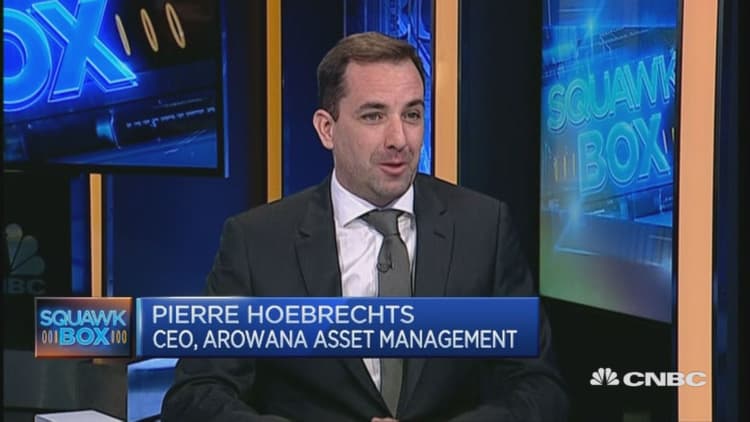More hedge funds closed their doors in 2015 than at any time since the financial crisis, according to new research, as turbulent markets dragged down the industry's performance.
Last year was the worst year for liquidations since 2009, with 979 funds closing, up from 864 in 2014, according to data from Hedge Fund Research. The fourth quarter of 2015 also saw the fewest new hedge funds starting up since 2009, with just 183 openings compared with 269 in the third quarter.
The figures capture a period in which many of the industry's marquee names suffered significant losses. The HFRI Fund Weighted Composite index fell 0.9 per cent last year, HFR data show. December saw a flurry of funds converting into family offices, including Michael Platt's BlueCrest and Doug Hisch's Seneca Capital, or shutting entirely as Lucidus Capital Partners did following redemptions.
Unnerved by jerky markets, hedge fund clients became fearful of risk and less patient with poor returns in the second half of the year, according to Kenneth Heinz, HFR's president, who said many started asking for their money back from lagging funds.
"Investors have become increasingly discriminating in their capital allocations, and the environment for launching a new fund continues to be extremely competitive," he said.
The top 20 per cent of funds by assets received about 80 per cent of all new money last year, the prime brokerage group at Barclays found in an analysis of HFR data.
More from the Financial Times :
Google to sell robot maker Boston Dynamics
Prince Jonathan Doria Pamphilj and his 1,000-room palace in Rome
Anbang drives a hard bargain on its shopping spree
So far, this year does not appear to be any kinder for the industry.
Between market losses and redemptions, assets in hedge funds fell by $64.7bn in January, bringing total money in the industry below $3tn for the first time since crossing that threshold in May 2014, according to data provider eVestment. Redemptions in January were the worst since January 2009.

In February — normally a big month for inflows — about $3bn of new money trickled in, compared with $18.6bn last year, eVestment data show. Investment losses dragged down total assets by almost another $20bn to $2.95tn.
The strategy that has been winning the year so far is dictated by computers: systematic hedge funds that surf trends using financial models and algorithms have dominated the lists of the best-performing funds.
Trend-following and quantitative specialists, often known as commodity trading advisers due to their legal set-up, tend to profit when markets have a clear direction. They have lost money in four of the past five years.
Less competition can help the survivors: JPMorgan's prime brokerage found in a recent survey that more than half of respondents said "crowding" was the biggest reason behind last year's underperformance, driven by a record number of hedge funds chasing too few opportunities.
Instead of adding money to hedge funds, many asset allocators plan to recycle capital, moving from one manager to another, with strategies focused on volatility proving the most popular, JPMorgan said.

